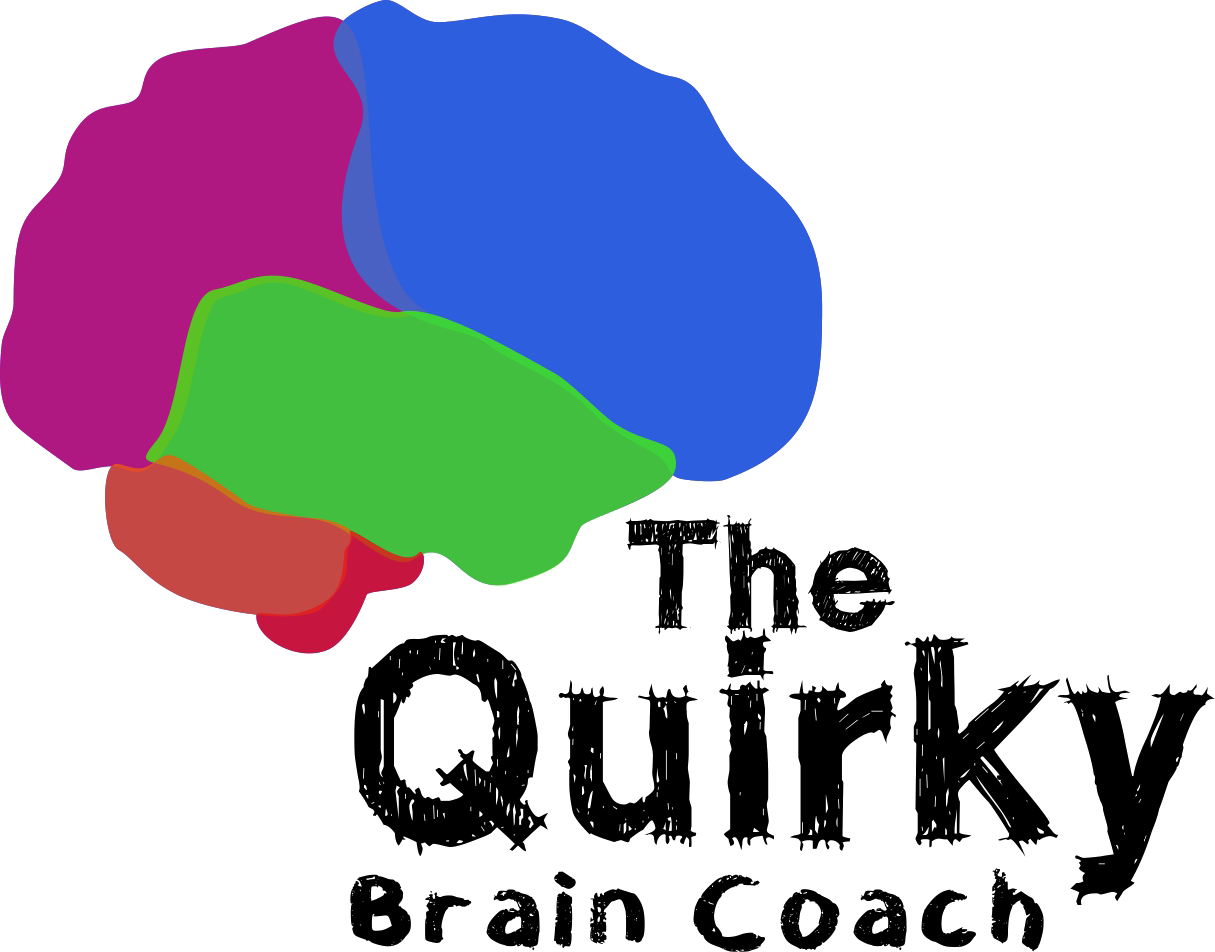What are your starting rituals for doing your research?
Are you a neurodivergent researcher?
Do you find you have loads of ideas but you can struggle to START writing or editing the actual outputs? (I know that this applies to me!)
Now, sometimes, getting started on research is about not knowing what you should/could/want to do. This post is not about that…but it is something to watch out for and solve in due course if you wish!
This post is about knowing what to do AND actually sitting down intentionally and STARTING the act of working on your research.

At this point, I’m going to ask you…have you ever heard of starting rituals?
What are these?
Starting rituals are small practices or behaviours that you do to help you start doing something bigger – like getting going on a research session.
Let me tell you about some of my own starting rituals to help you get the idea…
– If I want to run a coaching session, I’ll often breathe for 3 minutes deeply and make a cup of tea. Then when the kettle clicks, I know it’s time to coach.
– If I’m writing research, I have a specific Spotify playlist that I play and like an academic Pavlov’s dog, I simply start writing – anything (whatever comes out)
– If I’m trying to start to sleep, I’ll settle with my dog and I’ll count backwards from 1000 using single digits. Eventually, I start to settle down.
These are just some of MY practices.
They may not be ones that you’d like to use as a starting ritual. I just want to help you see what starting rituals are like.
Starting rituals are important because they do two things, though:
1) They cue you to do a certain thing ONCE a condition has been met. We’re building habits here!
2) For waking hours rituals, they build momentum to start and carry on with other tasks. Completing the ritual seems to make us feel like we’ve done something, which releases dopamine, which then increases motivation to do other things.
At this point, it may be that identifying and embedding a starting ritual could be the one magic thing that massively impacts your engagement with your own ideas.
The good news is that it’s not as hard or time-consuming to put one of these in place as you might expect.
Once you’ve identified one, you simply need to try it a few times (that’s the trickier part, if anything) and see whether or not it starts to offer benefit.
To identify a starting ritual, I’d ask you to think about things that are
- free
- doable and accessible
- short and snappy
- impactful emotionally (enjoyable, exciting, motivating or interesting from a sensory perspective)
I’d advise you to avoid anything that’s boring or which could offend your sensory preferences, as these factors demotivate and trigger avoidance – the opposite of what we’re looking for.
Then it’s time to try it out and embed it…that’s where a journal, a peer group, a buddy or a coach can come into the equation. Oh, and maybe set a reminder in whatever form you can tolerate for the first few weeks!
I have great experience in my own life and in the lives of others when it comes to embedding starting rituals, especially around research. Give me a shout if I can help you!
